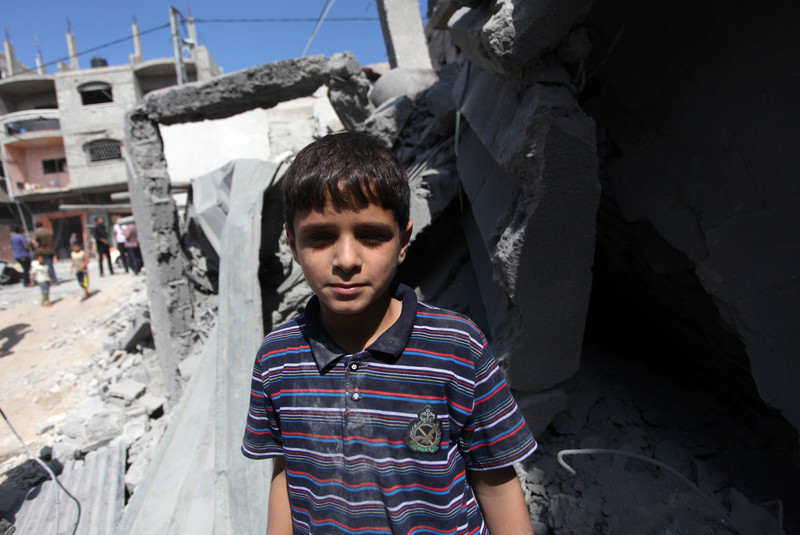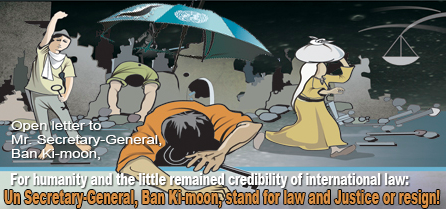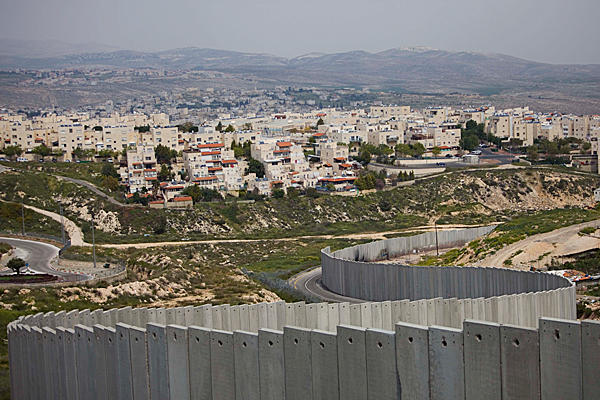Tag: United Nations
-
UN spurns Palestinian children
8th June 2015 | Hemaya Center for Human Rights | Gaza, Occupied Palestine FOR IMMEDIATE RELEASE UN spurns Palestinian children Ban Ki-moon’s decision not to include Israel on the list of violators of children’s rights twists the knife in the heart of every Palestinian parent, making it very clear that in the eyes…
-
Un Secretary-General, Ban Ki-moon, stand for law and justice or resign!
7th August 2014 | Badil | Occupied Palestine For humanity and the little remained credibility of international law: Un Secretary-General, Ban Ki-moon, stand for law and justice or resign! Mr. Secretary-General Ban Ki-moon, We, the under signed Palestinian human rights and community-based organizations are extremely disappointed by your performance, notably by your biased statements, your failure to act, and…
-
Firms active in the settlements are facilitating abuses of human rights – UN report says
24th January 2014 | European Coordination of Committees and Associations for Palestine | Brussels, Belgium The UN report is the result of a mission investigating Israeli settlements in the West Bank, including East Jerusalem. Information gathered by the mission shows that private firms have enabled, facilitated and profited, directly and indirectly, from the construction and growth of the…



